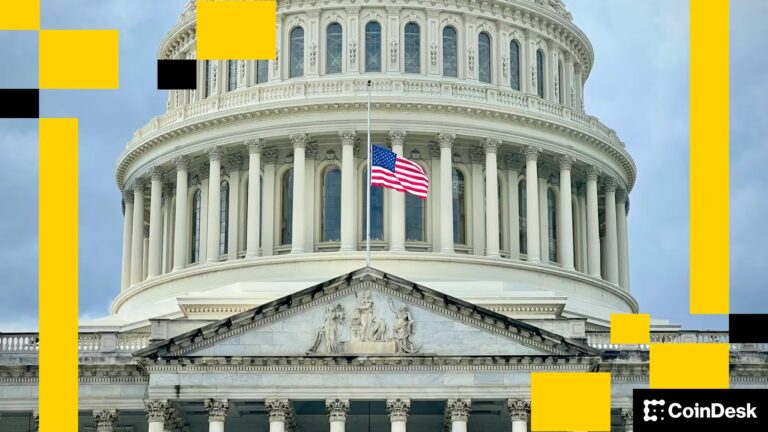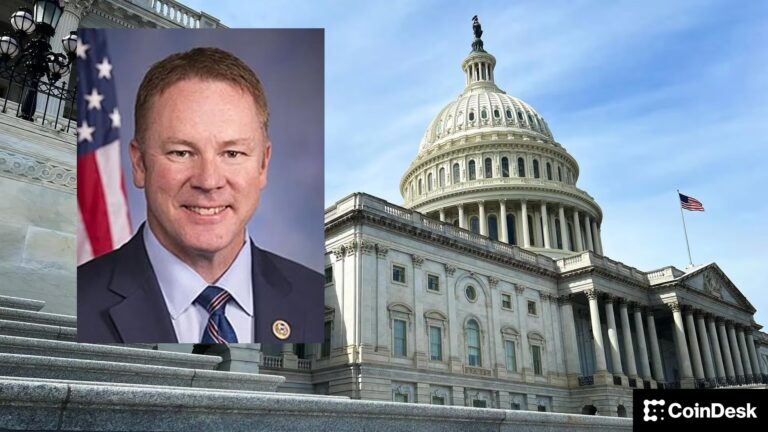Samourai Wallet lawyers claim prosecution concealed vital evidence, call for case to be dismissed
Samourai Wallet lawyers claim prosecution concealed vital evidence, seek dismissal of case
Before U.S. Attorneys for the Southern District of New York filed charges, FinCEN notified them that Samourai Wallet did not meet the criteria for a money transmitter.
Cheyenne Ligon | Edited by Nikhilesh De May 5, 2025 6:37 PM

Key points:
- Samourai Wallet's lawyers have accused prosecutors of withholding key evidence in their case against the mixing service's co-founders.
- The defense argues that FinCEN notified prosecutors six months before the charges were filed that Samourai Wallet did not need a license to operate a money transmitter.
Samourai Wallet's lawyers accused the prosecution of concealing important evidence in the case against the mixing service's co-founders and requested a hearing to determine whether the case should be dismissed for allegedly violating the Brady Principles.
In a filing Monday, lawyers for Samourai Wallet informed Judge Richard Berman that in August 2023, six months before prosecutors filed charges against Keon Rodriguez and William Lonergan Hill on one count each of conspiracy to commit money laundering and conspiracy to operate an unlicensed money transmitting business, the Financial Crimes Enforcement Network (FinCEN) informed prosecutors that, under its guidelines, Samourai Wallet did not meet the definition of a money transmitting business and did not require a license to operate.
However, prosecutors filed charges against Rodriguez and Hill anyway and failed to notify the court or Samourai Wallet’s attorneys of their interactions with FinCEN until April 1, 2025, when they responded to Brady’s defense’s specific request for “any information indicating that Samourai Wallet did not require a money transmitter license or that the defendants did not believe such a license was required, including, but not limited to, interactions with the Treasury Department or FinCEN,” defense attorneys wrote.
“The fact that FinCEN took the same position with respect to Samourai Wallet and shared this information with the same prosecutors, who still brought charges against defendants, is shocking,” Samourai Wallet’s attorneys said in a statement.
In the landmark 1963 Supreme Court case Brady v. Maryland, the court ruled that the government must promptly provide any exculpatory or material evidence—essentially anything that suggests the defendant is in fact innocent—to the defense. Brady violations are considered violations of the defendant’s due process and are often grounds for dismissing a case. Notably, a judge dismissed the manslaughter case of American actor Alec Baldwin last year after it emerged during the trial that prosecutors had failed to present exculpatory evidence.
Samourai Wallet's lawyers told the court that the government's failure to disclose its consultations with FinCEN before the charges were filed already cast doubt on the validity of the case against Rodriguez and Hill.
“For example, the fact that the regulator that licenses money transmitters did not believe that Samourai Wallet needed a license may have influenced (i) the magistrate’s view of the strength of the government’s case in deciding whether to grant bail, which confined Mr. Rodriguez to his home for nearly a year and deprived both defendants of funds that could have been used to defend themselves
Источник



